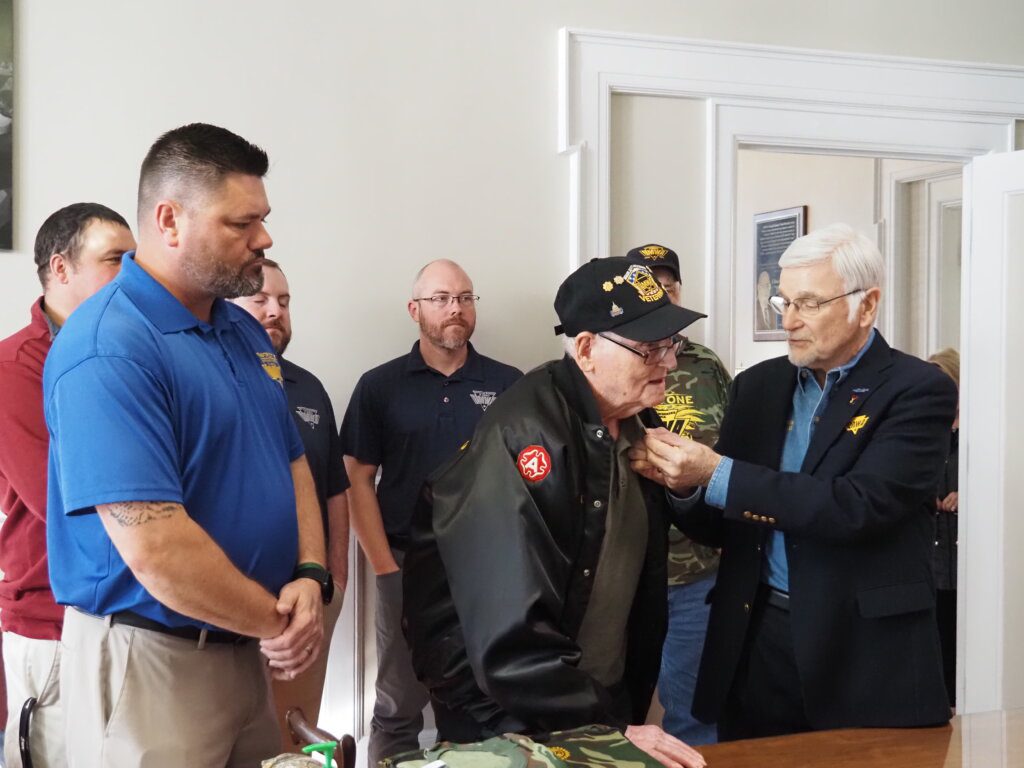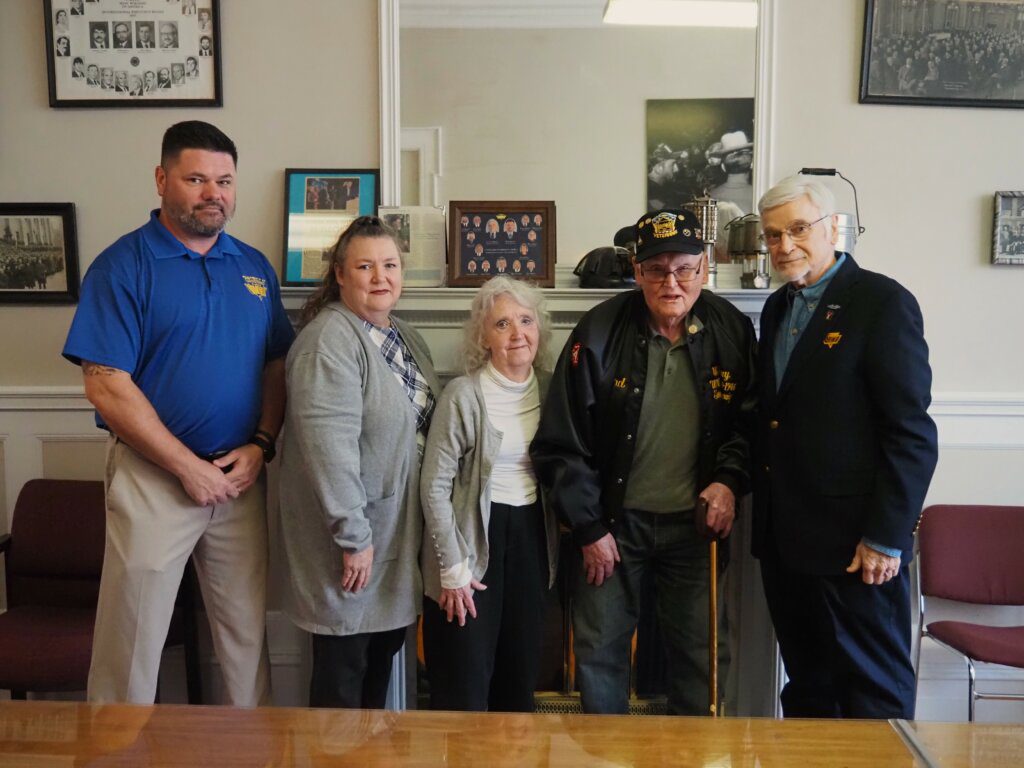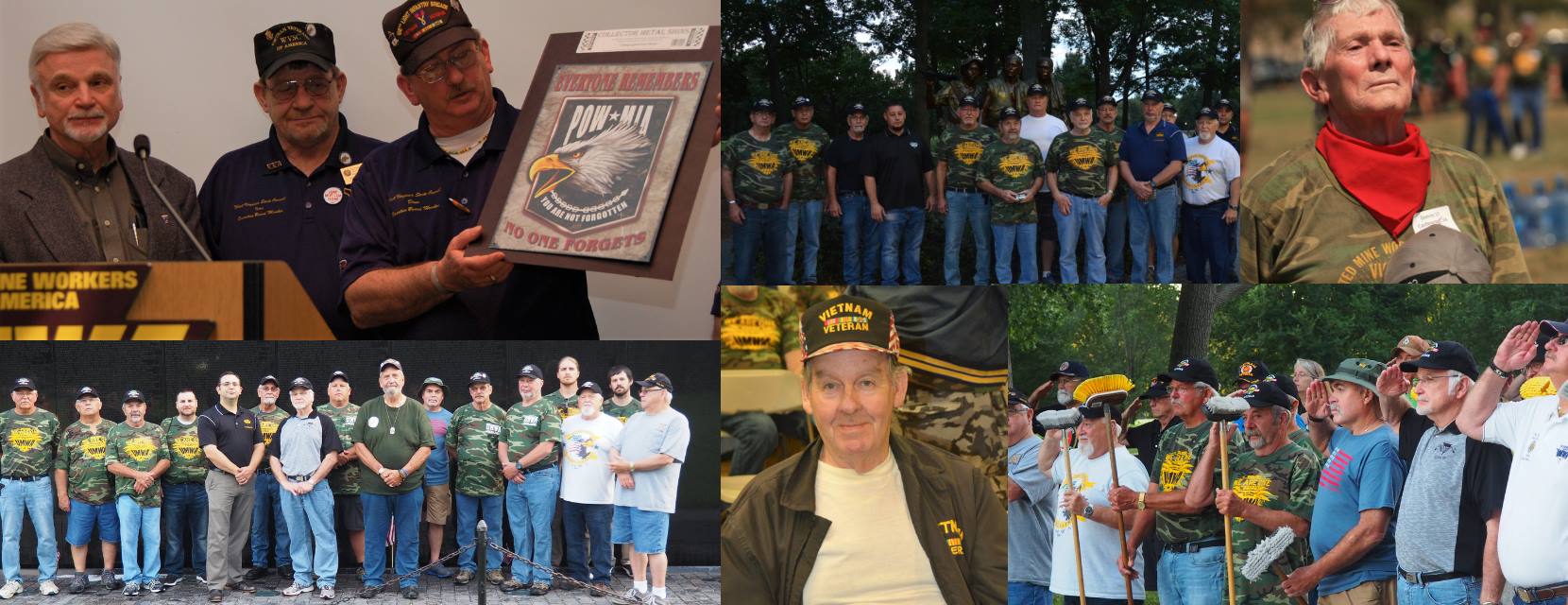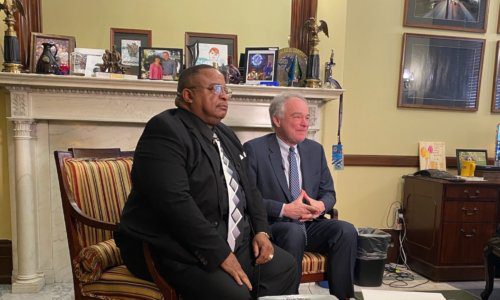Source: The Valley Labor Report
The Warrior Met Coal strike has been one of the biggest labor stories in Alabama since the miners first walked out on April 1, 2021. The strike came to a fitful end in mid-February, but negotiations between the company and the workers, who are represented by the United Mine Workers of America, have continued. The miners remain determined to win the fair contract they deserve, but this week, the company threw yet another wrench into the works. According to the National Labor Relations Board’s website, a decertification petition has been filed. Essentially, Warrior Met was not satisfied by busting up the strike; now, they’re trying to break the union.
“We were made aware of this filing late yesterday afternoon; but we believe that at the end of the day, this petition will be dismissed,” Erin Bates, the UMWA’s director of communications, said via email… “It’s unfortunate that this is happening at the very moment our members are going back to work and all parties are trying to move forward and the fact is that the company’s consistent refusal to bargain in good faith from the outset of this process has created an atmosphere where this kind of union-busting could exist. We certainly hope that no management personnel is encouraging or participating in this effort, which would be a blatantly illegal act.”
It’s already been a long and bitter fight between the Brookwood-based, Wall Street-backed coal executives and the unionized workers whose labor generates the company’s considerable profits, and the miners’ union has poured millions of dollars into the campaign (over $38 million as of March 1). The forces of capital constantly conspire to rob the working class of their ability to defend and advocate for themselves, but Warrior Met has truly gone above and beyond. Throughout the course of the strike, the company has used every possible means to break the strike, from acquiring court injunctions that severely limited workers’ ability to picket to smearing them in the local press to turning a blind eye when their own employees committed vehicular assaults on strikers and their spouses. The union has fought back and held the line, but skyrocketing coal prices hurt their ability to inflict meaningful economic damage on the company. As the months dragged on, the union was forced to change tactics.
In February, UMWA International president Cecil Roberts sent an unconditional return-to-work offer to Warrior Met’s CEO, essentially offering to send the miners back to work while contract negotiations continue. The company accepted the offer but added a number of conditions (including a mandatory physical, a drug test, and a refusal to rehire 41 of the strikers) that have slowed down the return process. As one UMWA staffer told me, the company has only been scheduling a handful of physicals per week. The decertification petition lists 795 workers, but as of now, only 273 UMWA members have returned to work, joining the hundreds of replacement workers and scabs whose efforts have allowed the mines to continue pumping out coal throughout the strike.
The company’s slow-walking return has undoubtedly contributed to the miners’ frustration. One UMWA staffer believes that Warrior Met is intentionally trying to stir up discontent and animosity towards the union. This decertification petition was filed by an employee, almost certainly a scab; the same UMWA staffer told me that supervisors allegedly escorted said employee over to the filing office.
In order for the decertification effort to be successful, “the employee will have to show that 30% of employees want to hold an election to decertify the union,” the person behind @UnionElections, a Twitter account that tracks NLRB filings, said on Friday. “Then, if that showing of interest is met, the union will need a 50%+1 vote to remain the exclusive representative.”
It might not even get to that point; the union plans to appeal and hopefully block the election altogether. This is a developing story, and while the circumstances do seem to lean in the union’s favor (the sheer number of scabs alone raises questions about voter eligibility), this latest twist of the knife means that Warrior Met is still playing hardball and that these workers’ ordeal will continue until further notice.
Written By: Kim Kelly
Kim Kelly is an independent labor journalist, author, and labor activist.
She has been a regular labor columnist for Teen Vogue since 2018, and her writing on labor, class, politics, and culture has appeared in The New Republic, The Washington Post, The New York Times, The Baffler, The Nation, the Columbia Journalism Review, and Esquire, among many others.
Kelly has also worked as a video correspondent for More Perfect Union, The Real News Network, and Means TV. Her first book, FIGHT LIKE HELL: the Untold History of American Labor, is out now on One Signal/Simon & Schuster.











